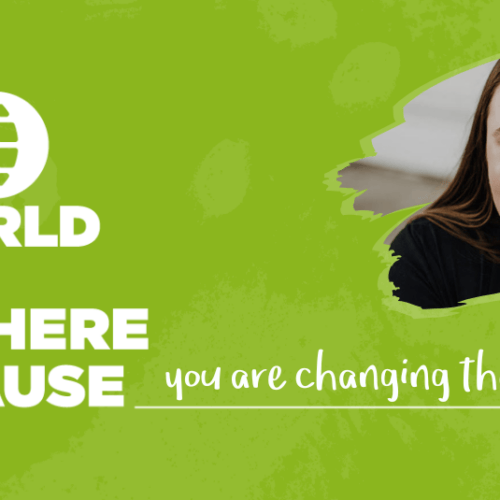Today is just a start.
We’re starting a new year, but it’s clear that national traumatizing moments are not to be left behind. It is important to be informed (as a friend once said, ‘do not be willfully ignorant’), but also to maintain balance to avoid harm to ourselves. Some may wonder, what does it even mean to take care of yourself in a moment such as this one? It can take weeks and years for many of us to process the events we have lived through. And, that’s OK. Today is just a start.
When dealing with a traumatizing moment, start with a self-check-in. How are you feeling? No, REALLY. How are you? What do you need most? How can you ask for what you need (in your job, from your professor, from your family, or from your friends)?
There are four simple things with a potentially big impact that you might consider doing for yourself immediately:
- Find at least one quiet moment. Disconnect with the news and social media. Be still. Slow down. Allow your feelings to catch up. Know that you’re allowed to feel whatever it is you are feeling.
- Have a conversation with at least one person today about how you are feeling. It might be someone close to you who you trust to listen and let you process your thoughts. It can be a therapist. It can be on an online platform or a support line, such as the Crisis Text Line (text BRAVE to 741741) or the National Suicide Prevention Lifeline (1-800-273-8255).
- Do at least one thing today to tell yourself that you matter. What is your body telling you that you need? It may be to drink more water, shut your eyes, or eat something nourishing. It may be to take a walk and get some sunshine. Do that one thing for no one else but yourself.
- Give yourself permission to set the boundaries you need. Ask for a mental health day. Reschedule your meetings to slow the day’s pace. Let that friend know that you will call them back later, especially if you need space from the news and you anticipate the conversation may drift in that direction.
And, when you’re ready to be engaged: Make a list of things that are in your control. As mental health advocates, what’s one small step we can do to continue building the mental health culture we want to see in the world?
To start, we can check-in with our family, friends, neighbors, co-workers, and others. Ask how they are feeling today and offer them the space to say if they need time, space, or distraction. If you’re not sure what to say, check out activeminds.org/programs/ask. Start by validating (without comparing or minimizing), then appreciating their honesty, and referring them (i.e. offering the time, space, distraction, or more) to ways to cope.
Today is just a start. Tomorrow and every day after that there will be opportunities and times that we need to use our voices to build the world we hope to live in. Today, do your best to prioritize what you need.
If you’re struggling, you can turn to the Crisis Text Line by texting “BRAVE” to 741-741. Or, call the Lifeline at 800-273-TALK (8255). If you just need a little pick-me-up and reminder of how much you matter, text “Hello” to (202) 350-0299: we’ll send you mental health resources and Active Minds updates from time to time. We will continue to be here for you, our Active Minds community. The world needs you here.







